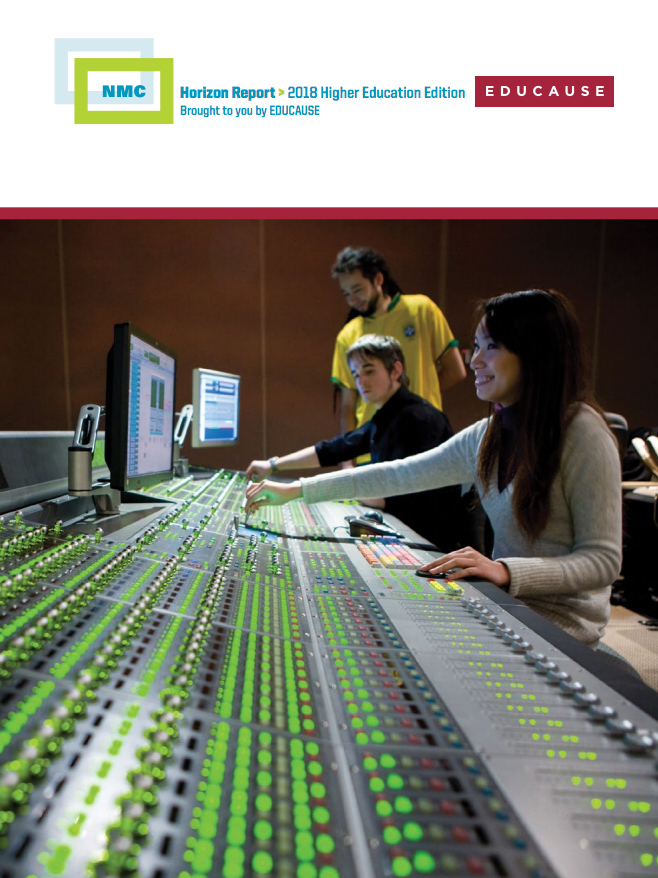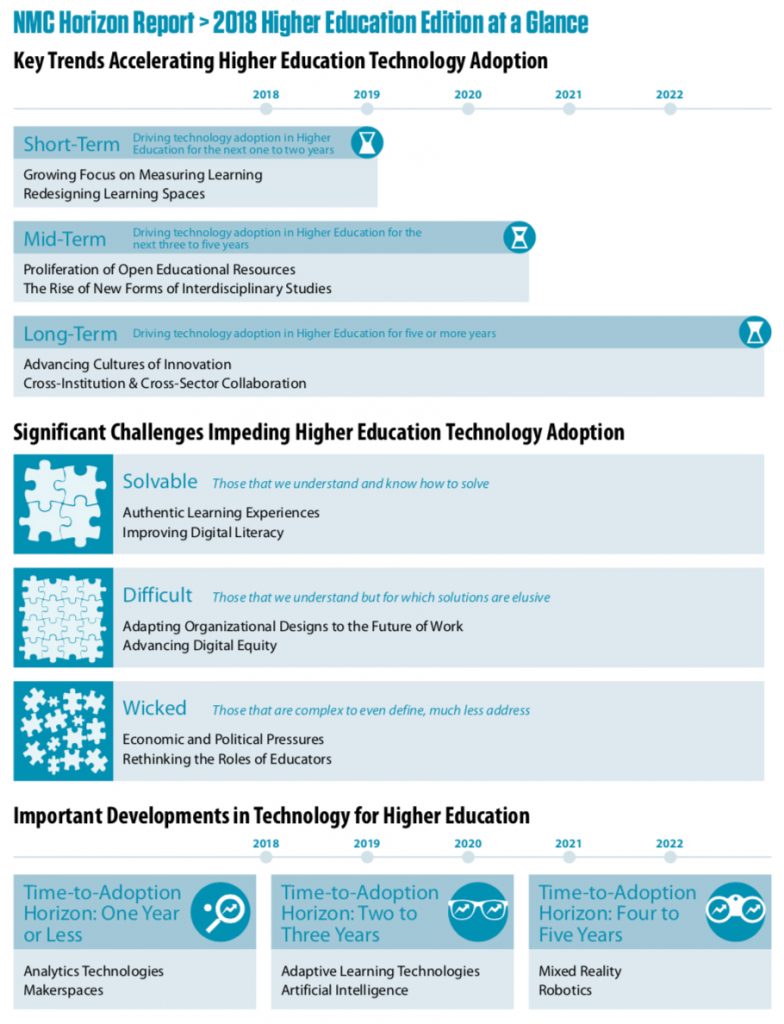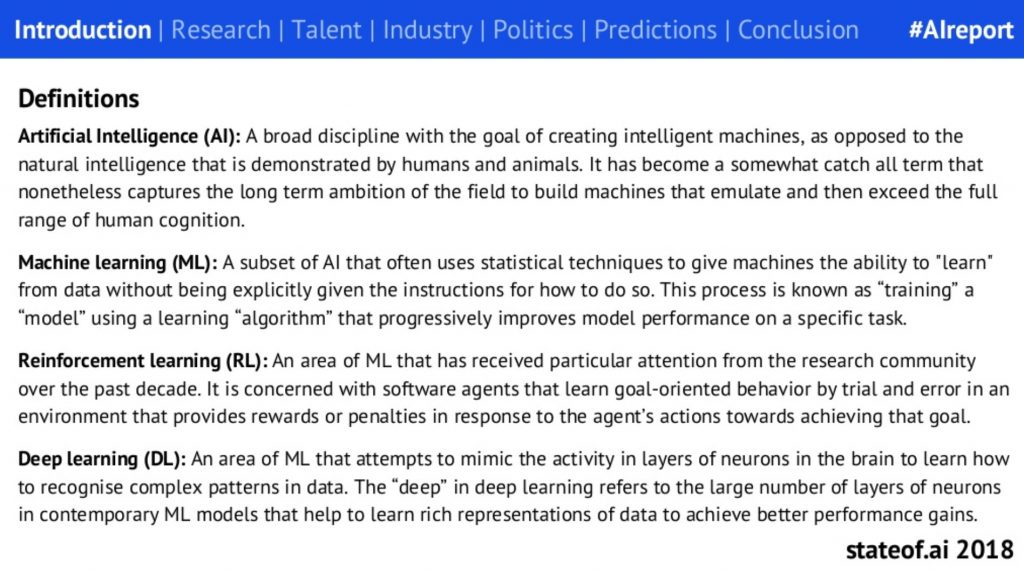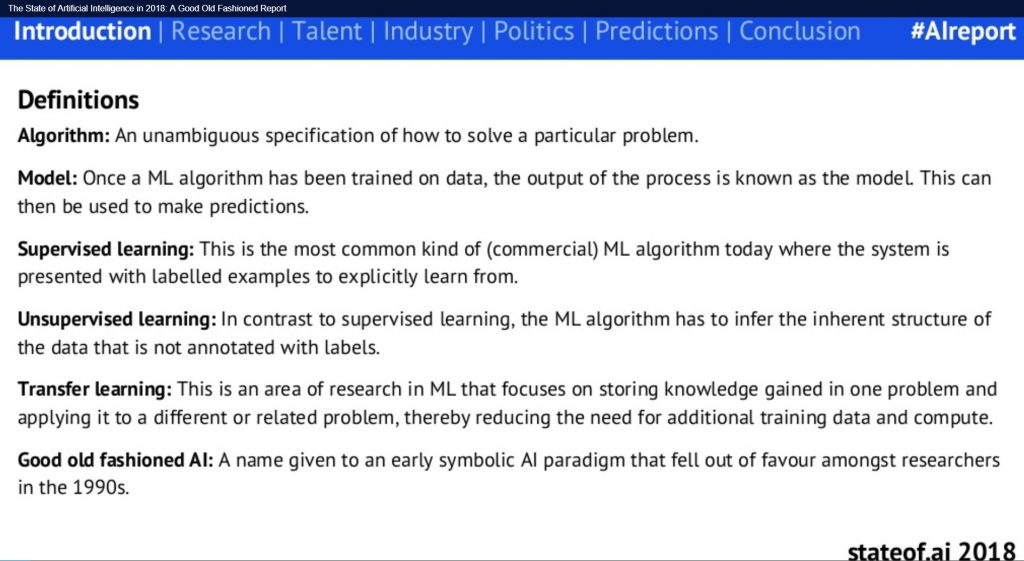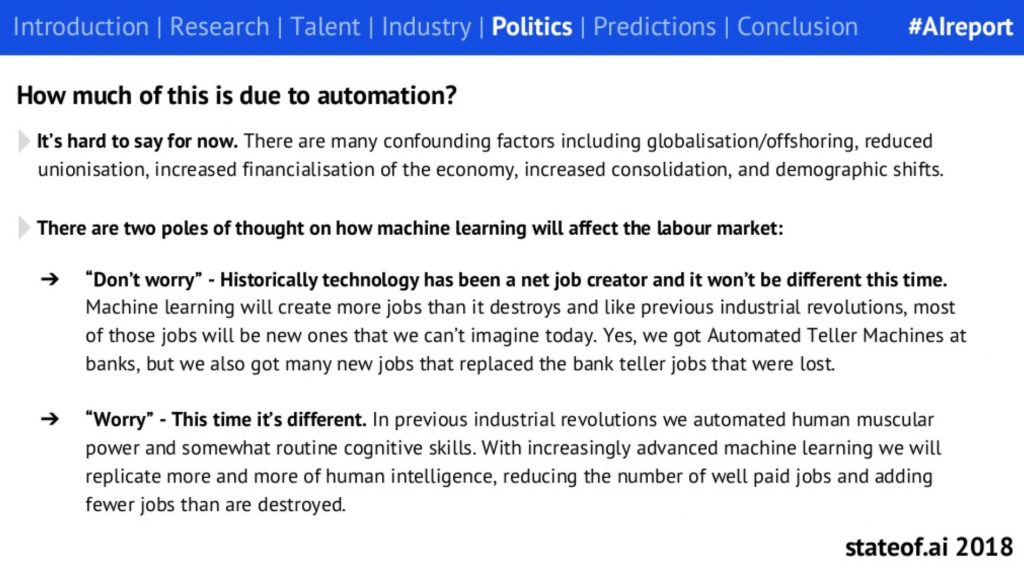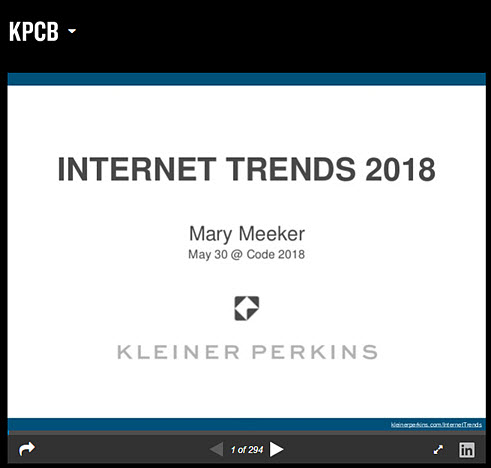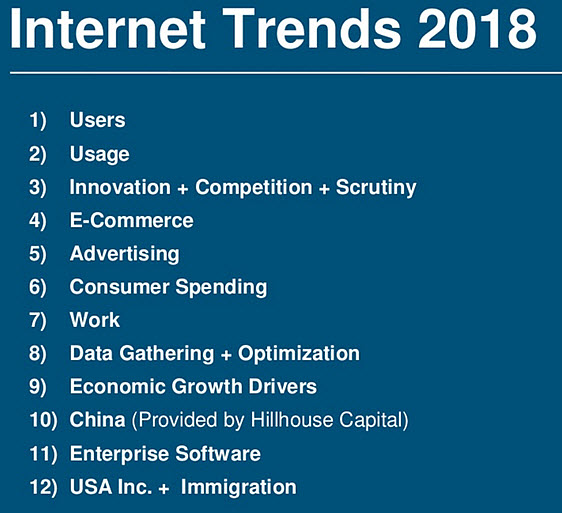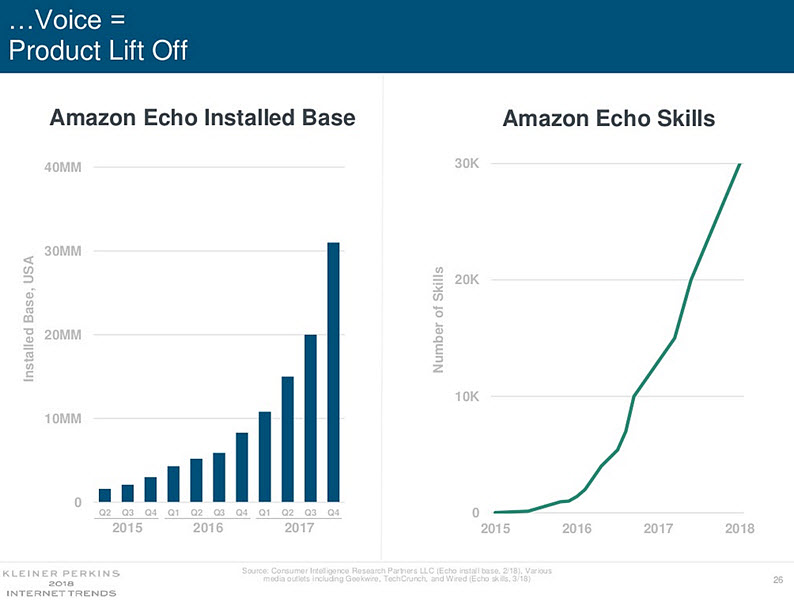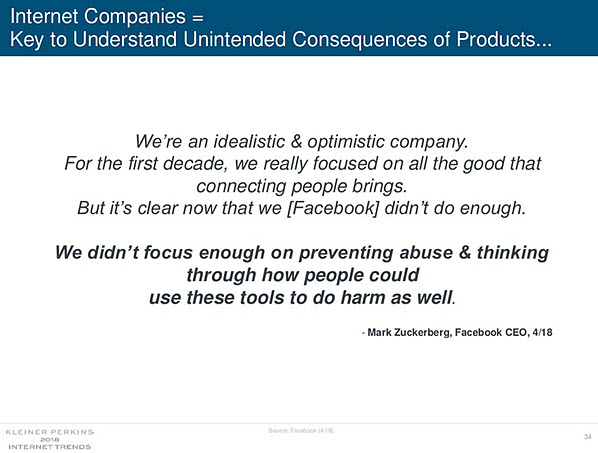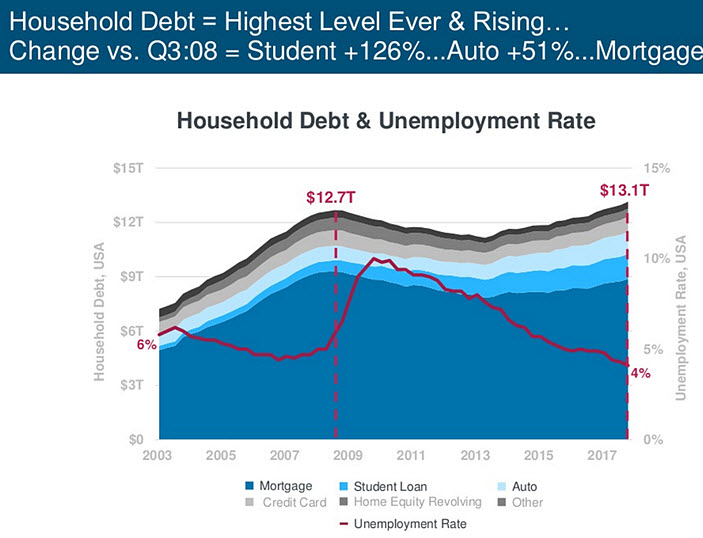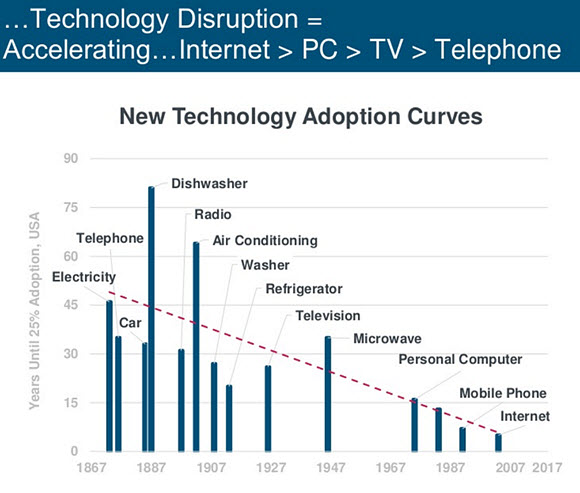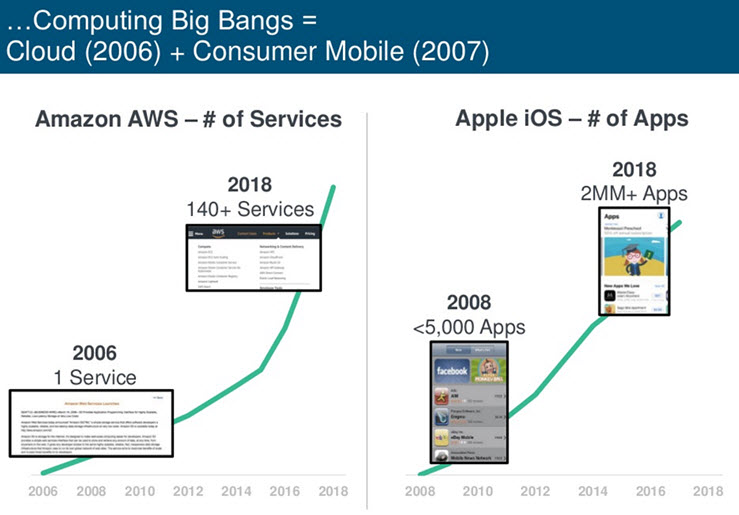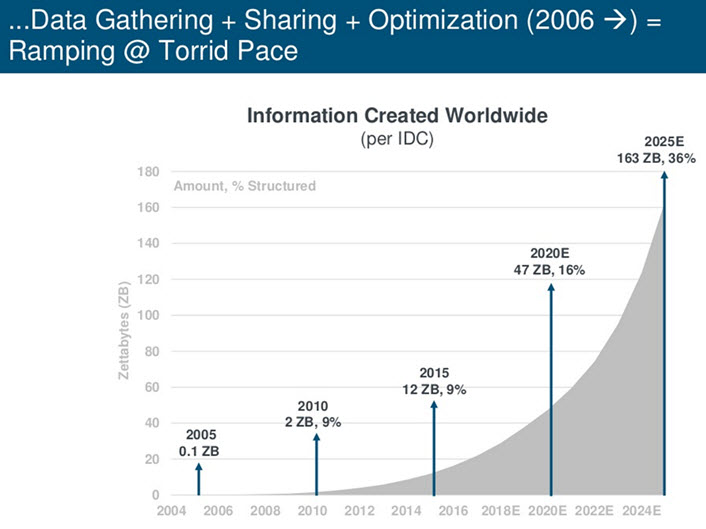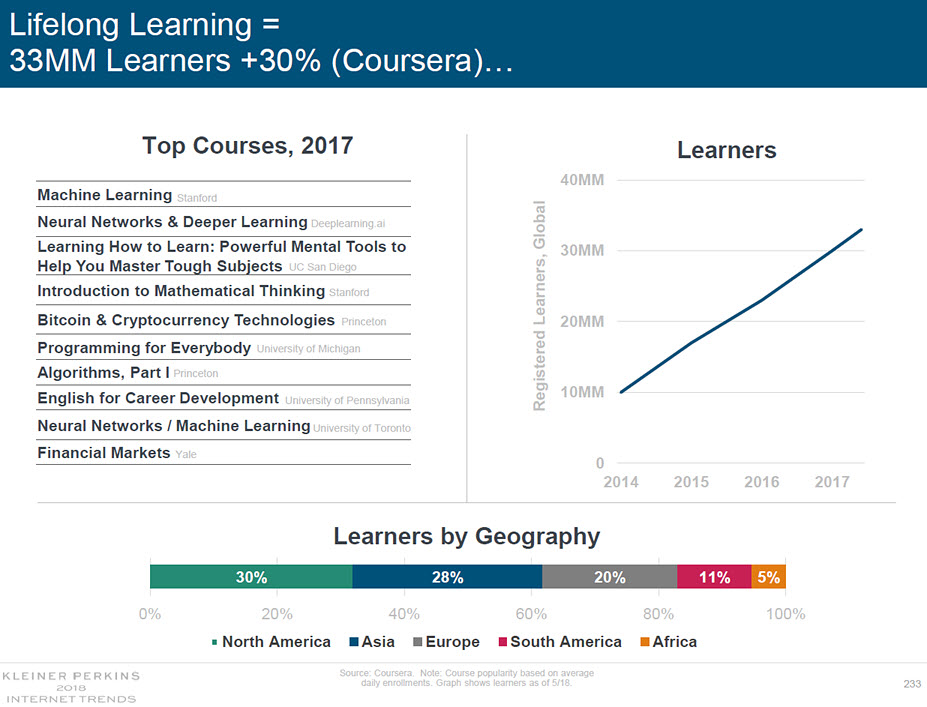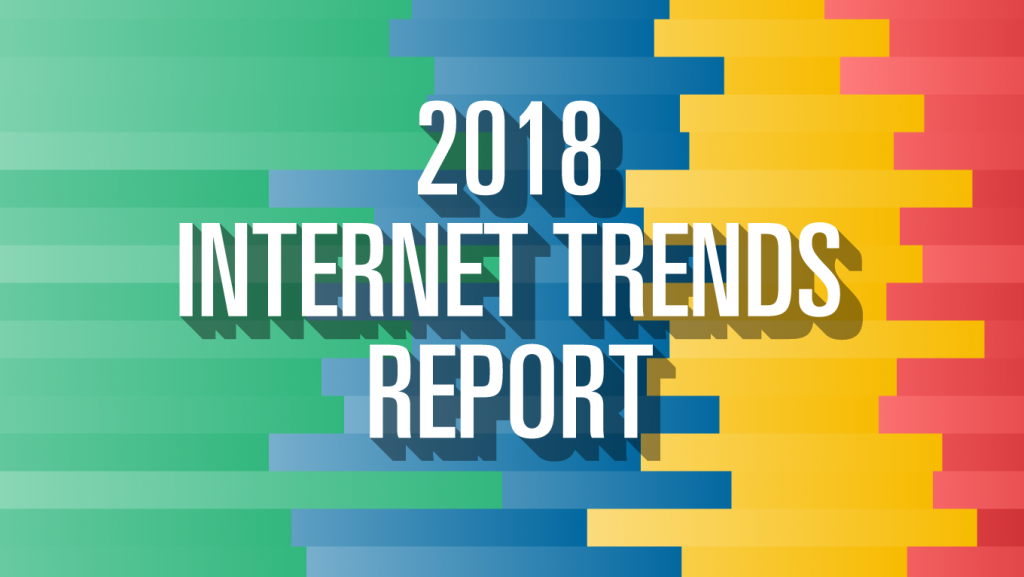This is how the Future Today Institute researches, models & maps the future & develops strategies
Also see what the Institute for the Future does in this regard
Foresight Tools
IFTF has pioneered tools and methods for building foresight ever since its founding days. Co-founder Olaf Helmer was the inventor of the Delphi Method, and early projects developed cross-impact analysis and scenario tools. Today, IFTF is methodologically agnostic, with a brimming toolkit that includes the following favorites…
From DSC:
How might higher education use this foresight workflow? How might we better develop a future-oriented mindset?
From my perspective, I think that we need to be pulse-checking a variety of landscapes, looking for those early signals. We need to be thinking about what should be on our radars. Then we need to develop some potential scenarios and strategies to deal with those potential scenarios if they occur. Graphically speaking, here’s an excerpted slide from my introductory piece for a NGLS 2017 panel that we did.
This resource regarding their foresight workflow was mentioned in a recent e-newsletter from the FTI where they mentioned this important item as well:
- Climate change: a megatrend that impacts us all
Excerpt:
Earlier this week, the United Nations’ scientific panel on climate change issued a dire report [PDF]. To say the report is concerning would be a dramatic understatement. Models built by the scientists show that at our current rate, the atmosphere will warm as much as 1.5 degrees Celsius, leading to a dystopian future of food shortages, wildfires, extreme winters, a mass die-off of coral reefs and more –– as soon as 2040. That’s just 20 years away from now.
But China also decided to ban the import of foreign plastic waste –– which includes trash from around the U.S. and Europe. The U.S. alone could wind up with an extra 37 million metric tons of plastic waste, and we don’t have a plan for what to do with it all.
Immediate Futures Scenarios: Year 2019
- Optimistic: Climate change is depoliticized. Leaders in the U.S., Brazil and elsewhere decide to be the heroes, and invest resources into developing solutions to our climate problem. We understand that fixing our futures isn’t only about foregoing plastic straws, but about systemic change. Not all solutions require regulation. Businesses and everyday people are incentivized to shift behavior. Smart people spend the next two decades collaborating on plausible solutions.
- Pragmatic: Climate change continues to be debated, while extreme weather events cause damage to our power grid, wreak havoc on travel, cause school cancellations, and devastate our farms. The U.S. fails to work on realistic scenarios and strategies to combat the growing problem of climate change. More countries elect far-right leaders, who shun global environmental accords and agreements. By 2029, it’s clear that we’ve waited too long, and that we’re running out of time to adapt.
- Catastrophic: A chorus of voices calling climate change a hoax grows ever louder in some of the world’s largest economies, whose leaders choose immediate political gain over longer-term consequences. China builds an environmental coalition of 100 countries within the decade, developing both green infrastructure while accumulating debt service. Beijing sets global standards emissions––and it locks the U.S out of trading with coalition members. Trash piles up in the U.S., which didn’t plan ahead for waste management. By 2040, our population centers have moved inland and further north, our farms are decimated, our lives are miserable.
Watchlist: United Nations’ Intergovernmental Panel on Climate Change; European Geosciences Union; National Oceanic and Atmospheric Administration (NOAA); NASA; Department of Energy; Department of Homeland Security; House Armed Services Sub-committee on Emerging Threats and Capabilities; Environmental Justice Foundation; Columbia University’s Earth Institute; University of North Carolina at Wilmington; Potsdam Institute for Climate Impact Research; National Center for Atmospheric Research.









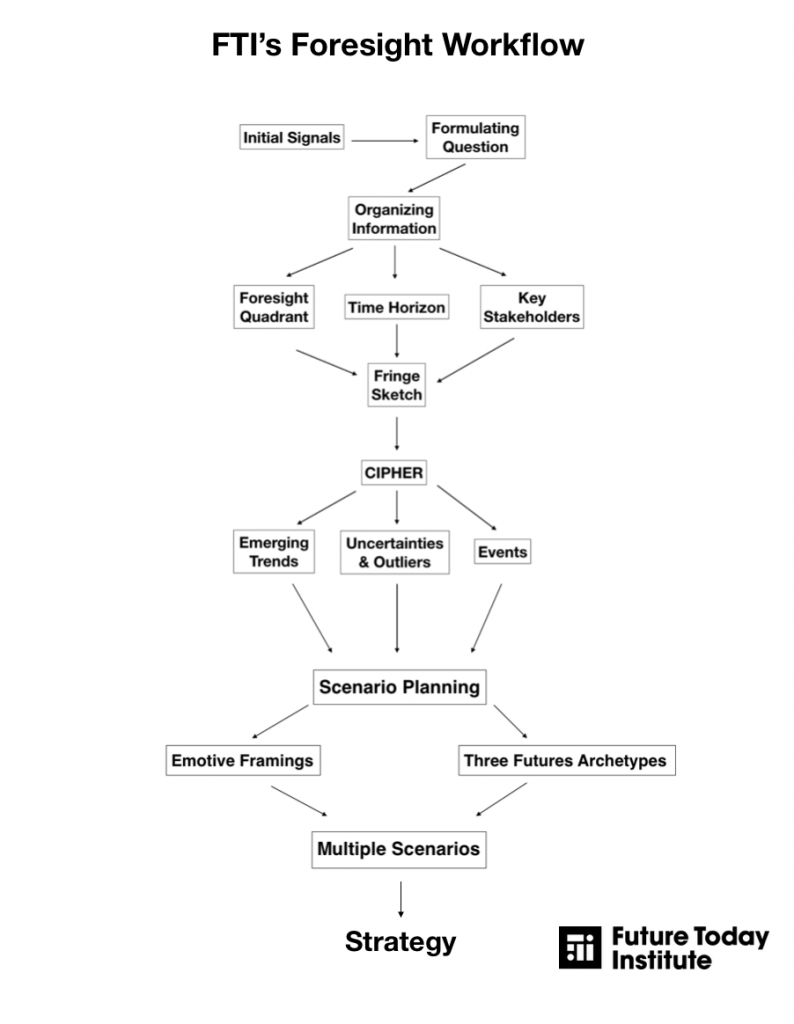
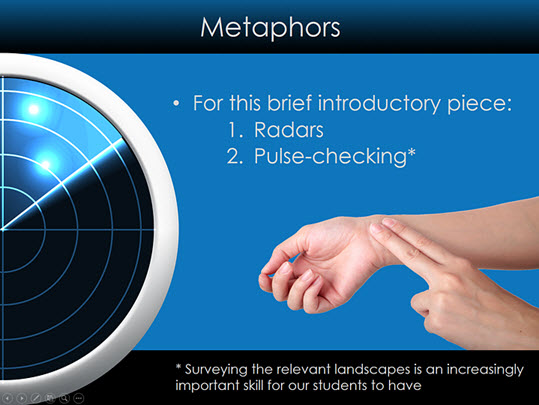
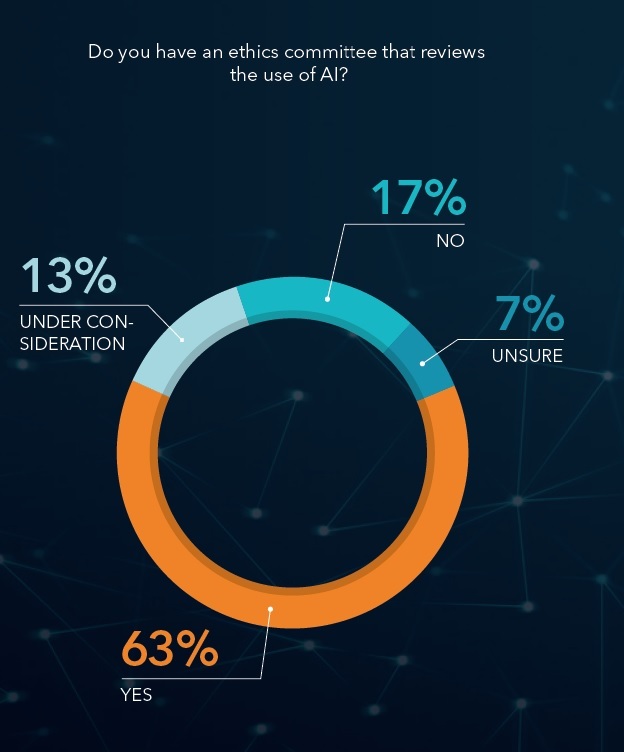
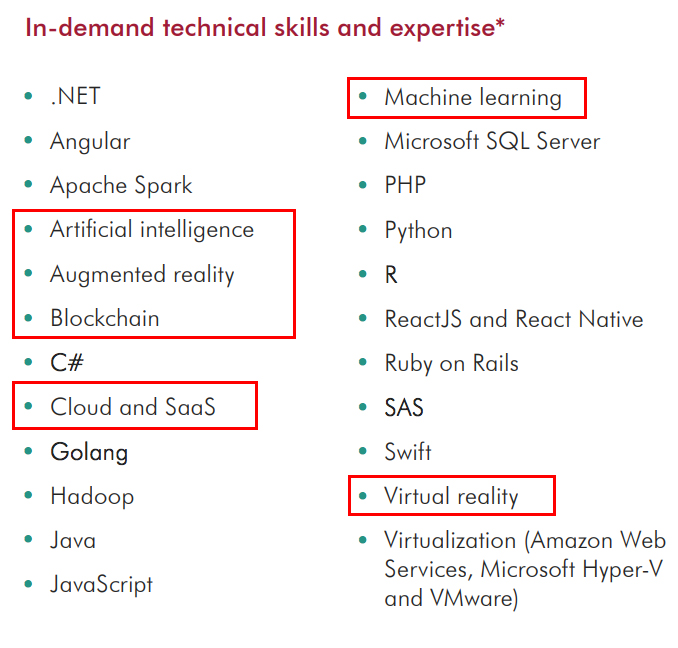
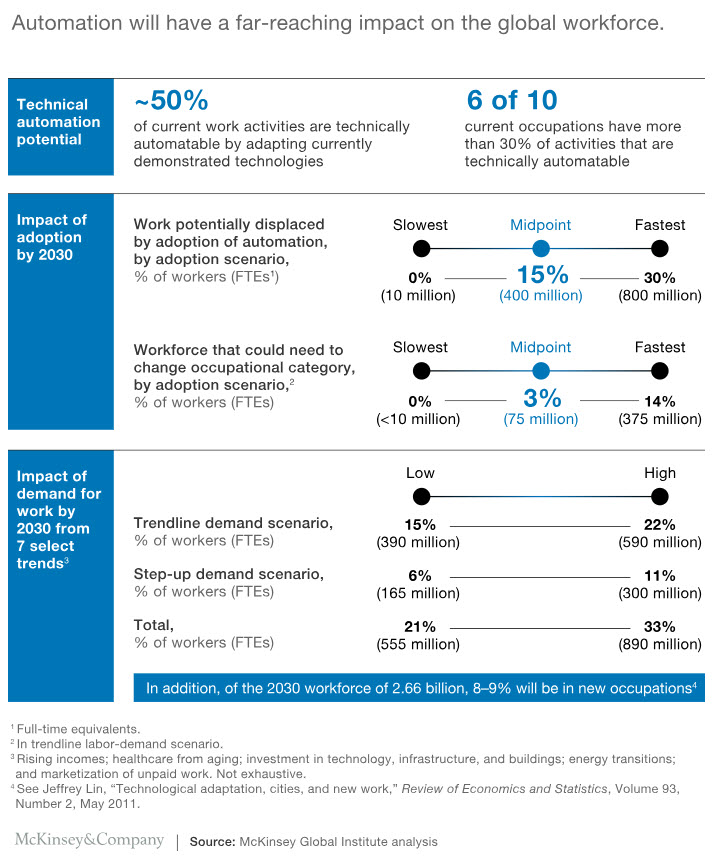
![The Living [Class] Room -- by Daniel Christian -- July 2012](http://danielschristian.com/learning-ecosystems/wp-content/uploads/2012/07/The-Living-Class-Room-Daniel-S-Christian-July-2012.jpg)

